LEWISTON — Muslims in the community expressed gratitude Thursday on the first day of Ramadan, one of the holiest months in the Islamic calendar.
The 30-day celebration is marked by daytime fasts, self-reflection, generosity and religious devotion. Muslims refrain from eating or drinking anything from sunrise to sunset during this time, meant to bring them closer to God and remind them of the suffering of others.
“They will feel the thirst (and) the hunger and they will remember other less fortunate people,” Siad Shaleh explained Thursday following an early afternoon prayer at the Lewiston-Auburn Islamic Center on Lisbon Street. “It makes you feel how other people feel … for not having anything to eat or drink.”
Muslims are not required to fast until 15 years of age, he said, however many begin practicing at a young age.
“Fasting for your entire life, you know, it becomes like a second nature,” Shaleh said. “It becomes a normal for you.”
At Lewiston Middle School, part of the cafeteria is reserved for students who do not wish to eat during Ramadan. Games are provided for students to enjoy instead.
Helping people in need is another core principle of Ramadan, but these actions don’t need to be big, Ahmed Mohamed of Lewiston said Thursday at a Lisbon Street market. Small deeds like translating for another person, giving others a ride or helping to pay someone’s bills are enough.
Whether large or small, at the end of the day it’s the same thing, he said.
Mohamed said he was grateful that God allowed him to celebrate another Ramadan: “Nobody is promised the next month, the next year,” he said.
Mohamed Awil said he sees Ramadan as a time to appreciate good health and other things he often takes for granted.
“It gives you a time to pause,” he said. “For me personally, what I’m very thankful for is the sense of community that we have.”
Just past sundown on Thursday, many in the local Muslim community gathered at the Lewiston-Auburn Islamic Center to break their fast together. People cooked food at home and brought it to the mosque to share with others who may not have been able to cook for themselves.
From 8:30 to 10 p.m., the community prayed for the fifth and final time of the day. During Ramadan, Muslims wake before dawn each day to eat and pray before beginning their fast at sunrise.
The last 10 days of Ramadan are especially important, Shaleh said. One of the days is the Night of Power, believed to be the night when the first verses of the Quran were revealed to the Prophet Muhammad.
“That night is when a lot of people get forgiven,” he explained. “That’s also a night when your deeds for the following year will be written.”
Praying on that one night alone is worth 83 years of worship, he said. But the exact night isn’t known, so Muslims treat every one of the last 10 days as if it is the Night of Power.
During the 10 days, an extra prayer is added at 1:30 a.m., just four hours before the next prayer.
Because the month of Ramadan is based on a lunar calendar, it starts a week and a half earlier every year, with the first day dependent on the sighting of the crescent moon by Muslim authorities. Muslims across the world learned Wednesday that the first day of fasting would be Thursday.
“I’m thankful for this Ramadan … no one knows when their time will come,” Shaleh said. “I look forward to the next 29 days.”
Send questions/comments to the editors.


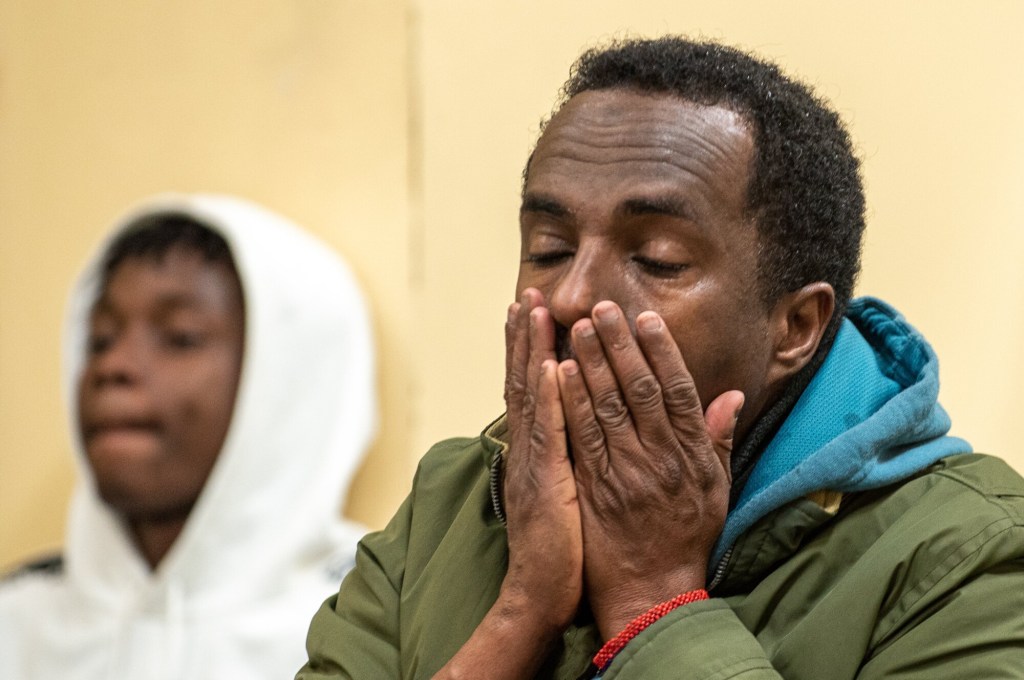
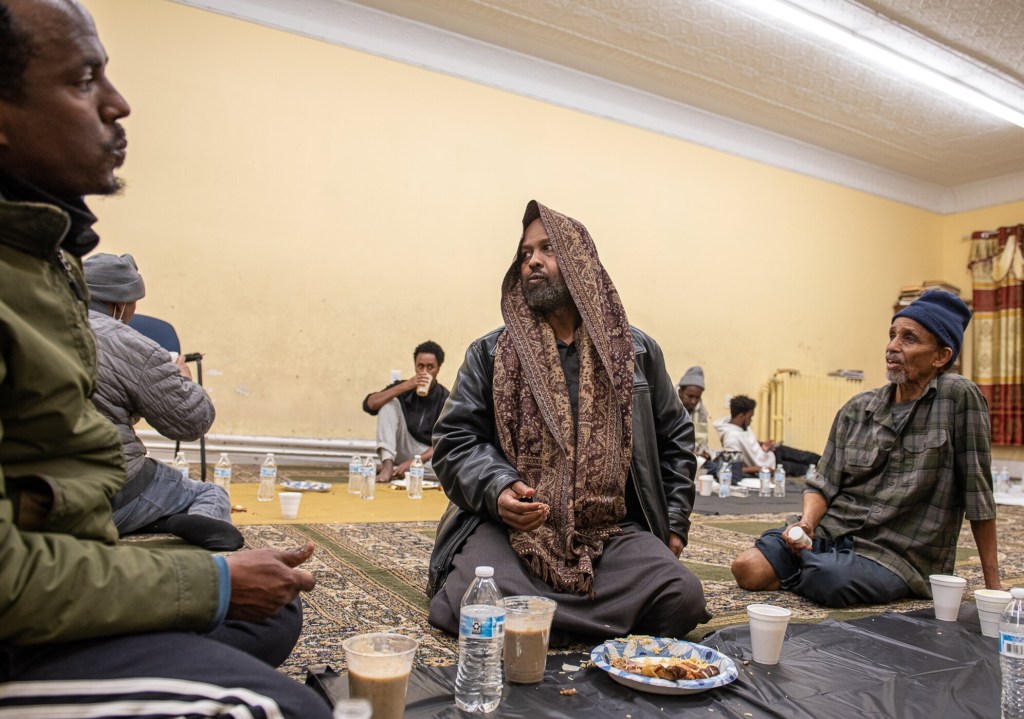
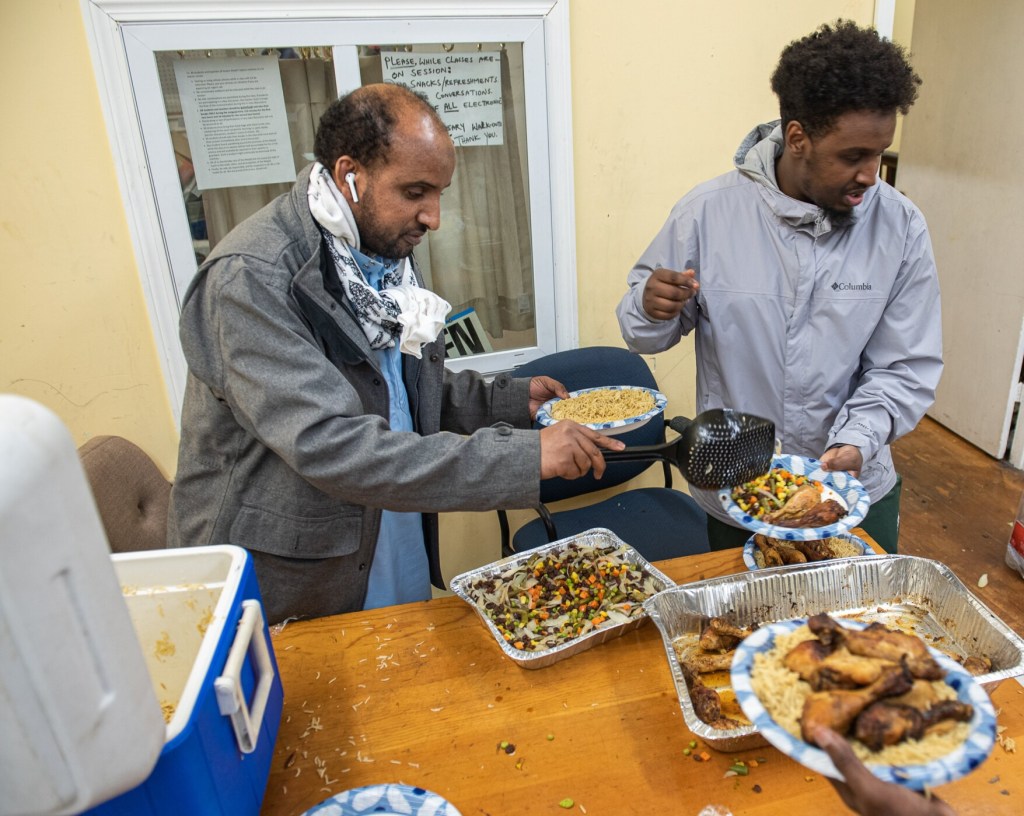

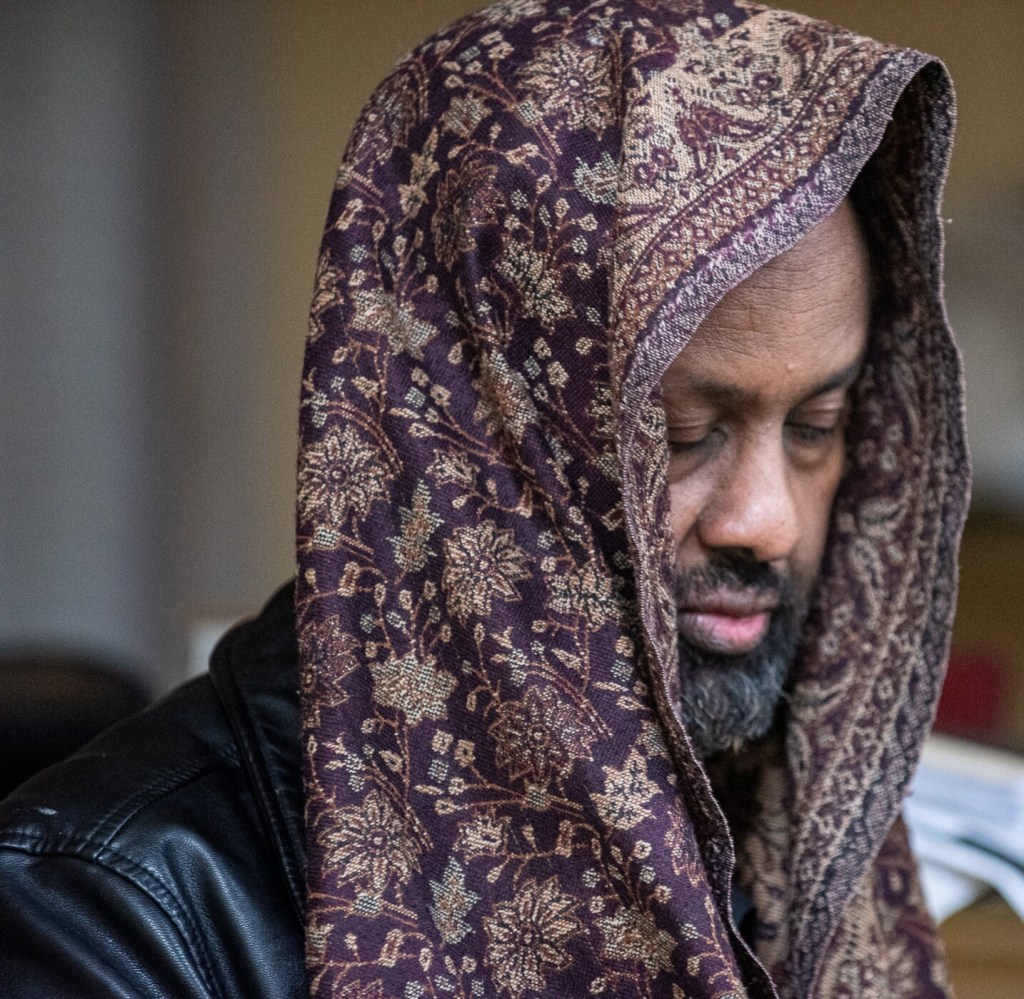

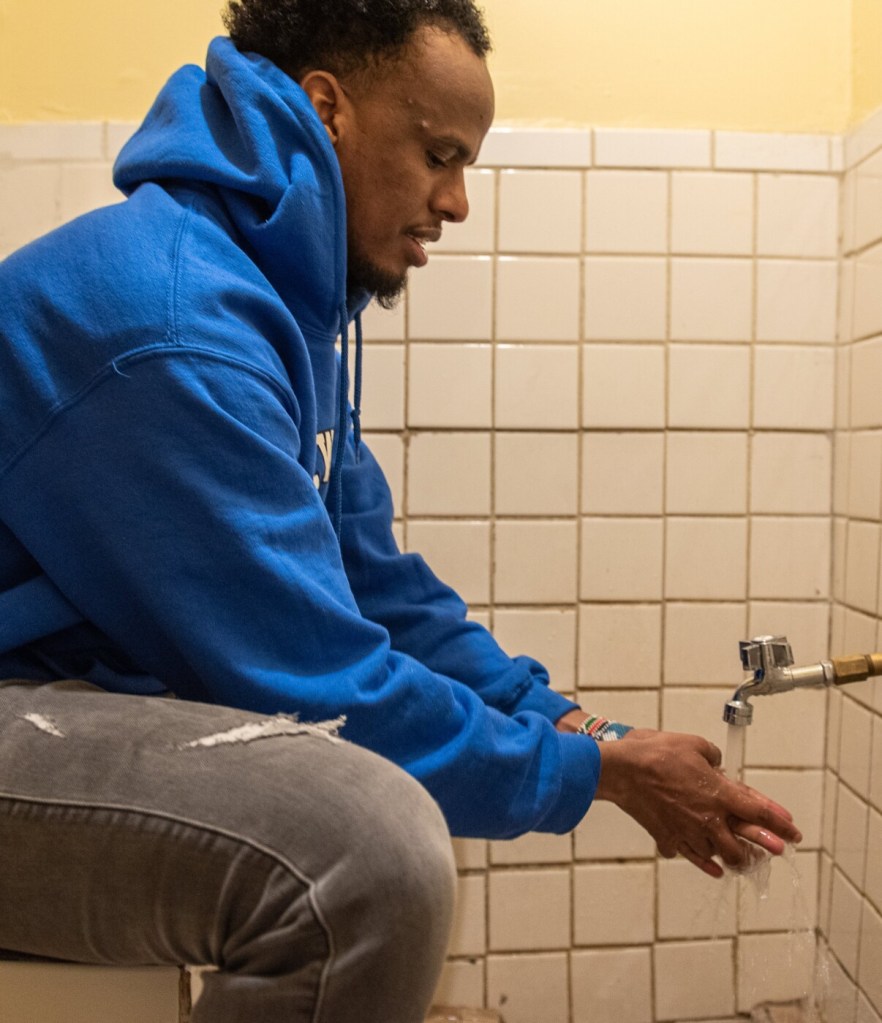

Comments are no longer available on this story